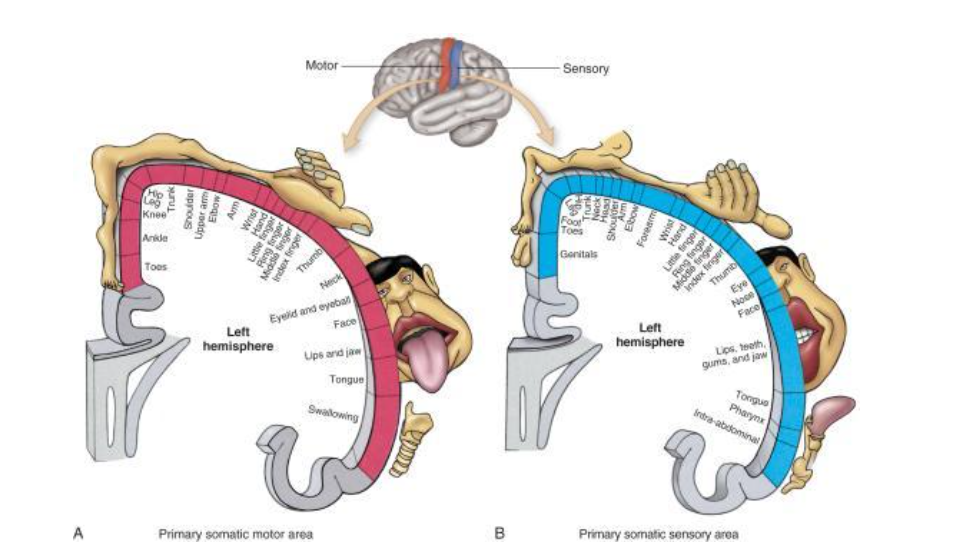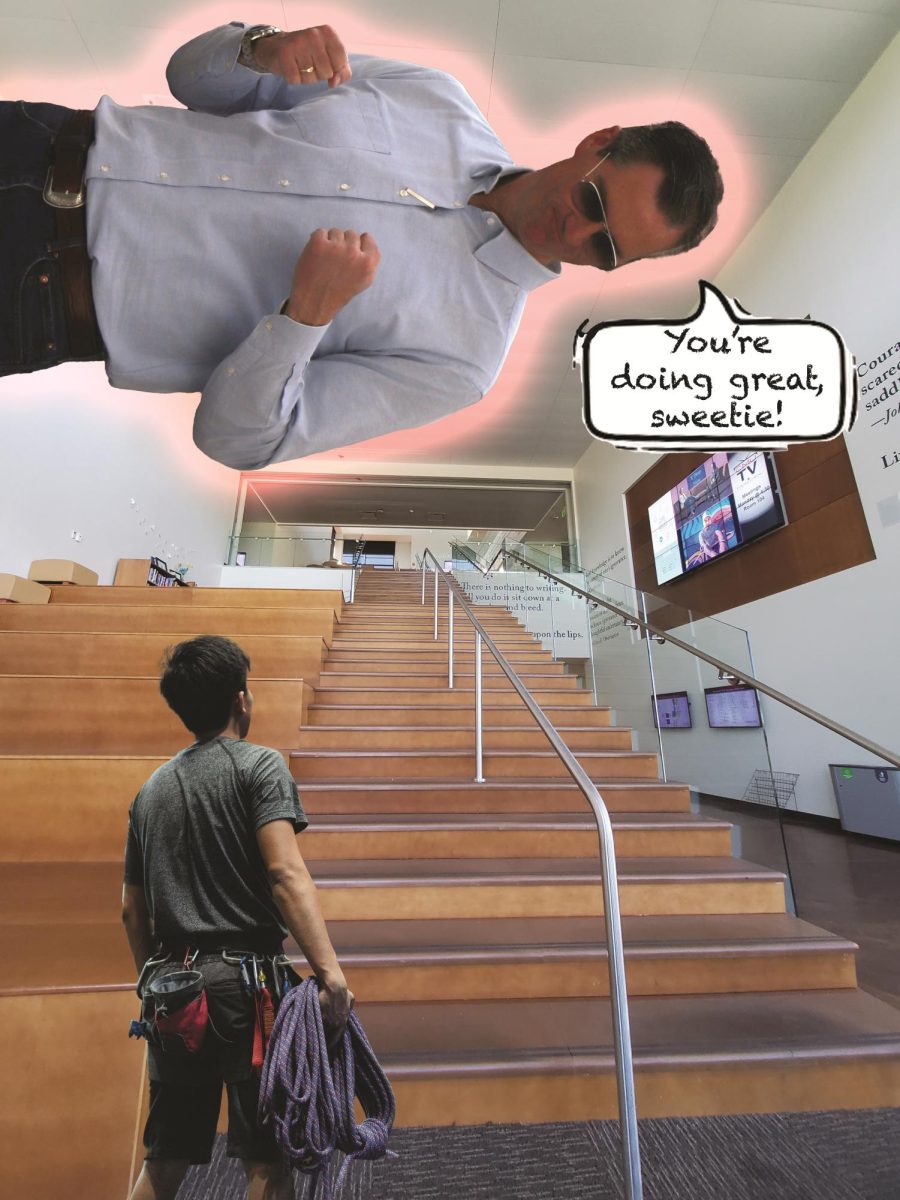The 2016 election and the following Trump administration brought a special kind of hell to our newsfeeds. Not only was it a period plagued by ‘fake news,’ ‘alternative facts’ and atrocious memes but, in addition, our friends became divided. After eight years of an Obama Administration, social progress entangled itself with the social media revolution. Spawning a knee-jerk reaction of hypersensitivity on both the left and right. Social Justice Warriors clashed with the Unapologetic-Politically-Incorrect online, often speaking past each other instead of to each other, and rarely finding common ground. One of the most divisive conversations is race relations in the United States.
Google defines racism as, “Prejudice, discrimination, or antagonism directed against someone of a different race based on the belief that one’s own race is superior. The belief that all members of each race possess characteristics or abilities specific to that race, especially so as to distinguish it as inferior or superior to another race or races.”
‘Reverse racism,’ on the other hand, is the idea that minority groups discriminate against white people as well.
Senior nursing major April Lobdell was discriminated against growing up in Wyoming near Native American reservations. “Being a blonde haired blue eyed female from the reservation, I cannot tell you how many times I’ve been referred to as a white [explicit], or how many ads I’ve read advertising for “native preference” for a job or scholarship. Those applying for jobs or scholarships may be equally eligible, but disqualifying someone due to the color of their skin or their heritage is wrong,” Lobdell said, “Could you imagine if the roles were reversed and seeing ‘white preference’ on a job advertisement? The ACLU would slap a huge fine and lawsuit on your business.”
Charlotte Novak* grew up in Fort Lupton, Colorado. In fifth grade, she was jumped by a group of Hispanic girls for being the wrong color.
“I was singled out for being poor and white. The community we lived in was predominantly rich white kids and Hispanics. [Because] I was neither Hispanic nor ‘rich,’ I was singled out,” Novak said.
After the violence, Novak suffered from cracked ribs. Despite her brush with violence, Novak’s family still tries to maintain peace.
“My family practices patience and understanding. I fondly remember trading Cannoli’s for sweet tamales around Christmas time with the neighbors across the street. We barely had a common language, but we shared our culture with one another. My mom would help practice English with them, and she would try learning Spanish and we’d both make fun of our pronunciations,” Novak said.
Even when peace seems impossible during the chaos, communication can make all the difference.
For some, the words ‘racism’ and ‘prejudice’ cannot be used interchangeably. They see racism as an institutional bias, rather than a personal prejudice. Although segregation ended 50 years ago, minorities still feel the effects, from major income inequality to receiving less call backs due to having an ethnic sounding name.
“Dear White People,” a 2013 satire-comedy, follows four African American students attending a predominately white Ivy League College.
One of the most quoted parts of the movie said, “Black people can’t be racist. Prejudiced, yes, but not racist. Racism describes a system of disadvantage based on race. Black people can’t be racist since we don’t stand to benefit from such a system.”
The difference of definitions creates a rift that is not easily overcome. If we can set the semantics aside, we might find more common ground than our current conversations lead us to believe is possible.
There is a lot of hate in this world, but being a certain race does not protect you from discrimination. Yes, white people can be discriminated against. They can be bullied and beaten for being the wrong color or wearing a ‘Make America Great Again’ hat. No one is arguing that white people cannot be victims of crimes because of their race; it is the technicality of using the word ‘racism’ that divides the argument.
In order to truly bridge gaps and change minds, step away from the keyboards. Arguing politics on social media makes no difference. Text based conversations leave people guessing the tone of your argument, and can leave others hypersensitive..
If you really want to make a difference, talk to that person in real life, preferably with a decent beer in hand so you can explore both sides of the argument without losing your temper. Be respectful and open to new ideas, and just maybe we can help each other through this tense political climate.







